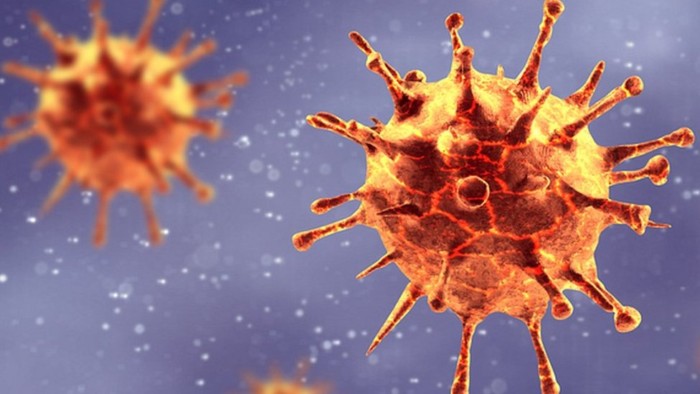KAMPALA, UGANDA: The second wave of COVID-19 has begun in Uganda, according to scientists.
Scientists say the wave begun last week and has so far been characterized by an increase in reported cases of the disease. In the last week of March and the first week of April, a total of 130 cases were reported. Since last week the number of reported cases has doubled to 260 cases.
During the first wave, over 40,000 cases of the disease were reported with 337 deaths. During the second wave, scientists say they expect the numbers of infected cases to double. The peak of the first wave was experienced during November 2020 and January 2020. During this period, over 26,000 cases of the disease and 215 deaths were reported.
With the low observance of standard operating procedures, scientists say the number of reported cases is expected to be higher during this wave.
Dr Monica Musenero, an epidemiologist and also the senior presidential advisor on epidemics says they are considering what measures need to be taken to control the disease.
“We are at the beginning of the second wave of COVID-19. We are experiencing an increase in cases and this is a sign that we have entered another wave. If you joke around with it, can be twice as bad as what we saw before,” Musenero warned.
Due to a few cases of variants being reported in the country, scientists expect the second wave to have more cases. They estimate that as many as 100,000 cases or even more could be reported during this wave if the ongoing laxity among communities.
Lt Col Dr Henry Kyobe, the COVID-19 incident commander says they are currently finalizing plans at the national level on how to handle the next phase of the disease.
“The rise in cases is being seen and we anticipate a surge in the number of cases. How fast or soon we do not know but we know it is coming. As a ministry, we are preparing for this but also we urge the population to anticipate this so that they are able to take charge of their lives by observing all SOPs,” Dr Kyobe said.
He adds that they are finalizing a resurgence plan that will help the country respond to the disease in the next phase.
” We have a resurgence plan that is being finalised. As part of the plan, we are going to activate treatment centres to start receiving cases. We also need to give the population information that we are not yet out of the woods. For now, we are also training health workers and reskilling them,” Lt Col Kyobe explained.
According to the health ministry, the majority of the cases are being picked from walk-ins at health facilities. Prof Pontiano Kaleebu, the executive director of the Uganda Virus Research Institute says they are seeing an increase in the number of cases and of variants being reported.
” So far, 300 cases of variants have been detected. The variants we are detecting are mostly the South African variant and the A23.1 variant that was first identified in Northern Uganda. We have a few other variants like the Nigerian one but for these, we have a few cases,” he said.
The South African COVID-19 variant carried a mutation called N501Y which is believed to be more contagious than the original virus. According to South African researchers, the variant is believed to be 50 percent more contagious than the original strain. To date, over 60 countries in the world have detected the variant.
New waves come with severe cases, a shift in susceptible age groups is reported. In other countries, new waves of the disease have been characterised by a shift in susceptibility of the population. In the first wave, mainly persons aged 60 and above and those suffering from co-morbidities were more susceptible to getting infected. In other countries, new waves of the disease have affected younger age groups.
“Normally second waves are more infectious and even younger age groups are not safe,” Lt Col Dr Kyobe said. “This is what we have been seeing elsewhere. We do not know if it will be the case here too but that is what we have seen.”
Prof Rhoda Wanyenze, the Dean of the Makerere School of Public health and also a member of the ministerial COVID-19 Scientific Taskforce says the rising number of cases involving variants should be a wake-up call for the entire country.
“The cases are increasing some of which include variants that we believe spread faster,”she said. “To mitigate the effects this increase in cases might bring needs people to go back to the basics of wearing a mask, social distancing and even washing hands. If we all go back to practicing public health measures, we shall be able to control the disease in this phase.”
The country is currently carrying out vaccination against COVID-19. To date, 206,708 people have been vaccinated. However, due to low vaccine uptake and the fact that the vaccines do not protect against new infections, Musenero says to avoid the devastating effects the second wave might cause, people need to take COVID-19 seriously.
“Vaccination is not going to help us at all. Right now to avoid lockdowns, people need to go back to fearing this disease and taking it seriously,” she warns.
By URN
Do you have a story or an opinion to share? Email us on: dailyexpressug@gmail.com Or follow the Daily Express on X Platform or WhatsApp for the latest updates.

